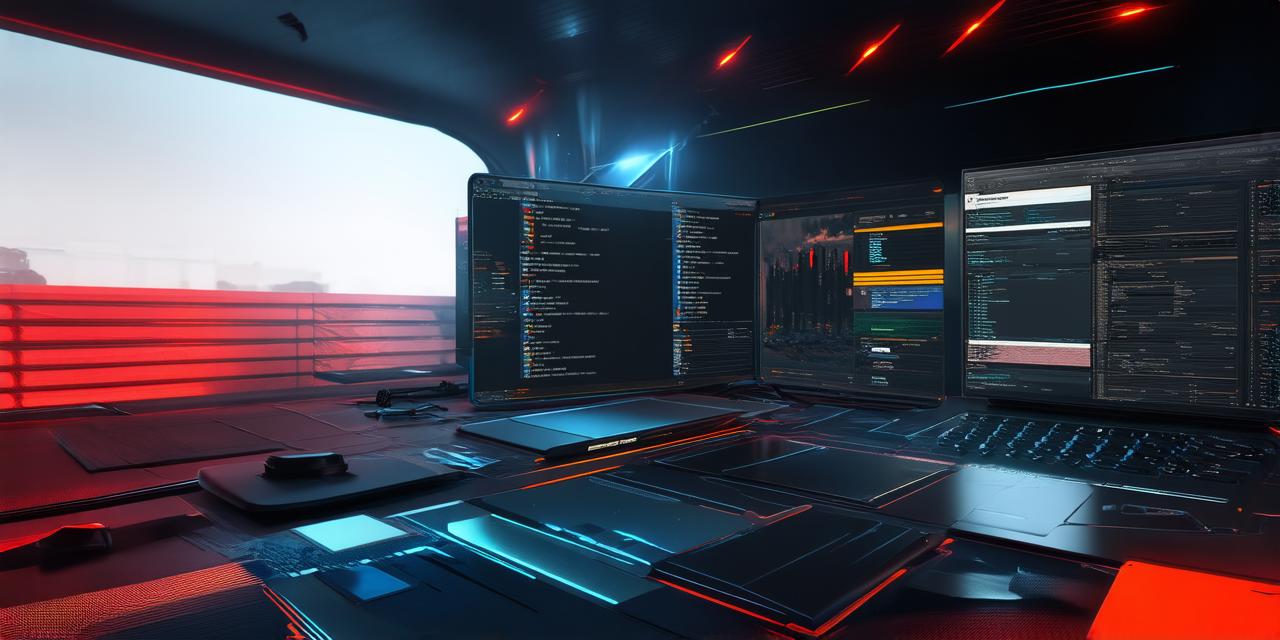Overview of Unity 3D:
Unity 3D is a popular game engine that allows developers to create interactive 3D applications for various platforms including PC, mobile, web, and consoles. It has an intuitive interface, extensive documentation, and a large community of developers who share their knowledge and assets through the Unity Asset Store.
Importance of learning Unity 3D:
Unity 3D is used in a variety of industries including gaming, education, entertainment, and healthcare. Knowing how to use Unity 3D can open up career opportunities and help you create your own games or applications.
Purpose of the article:
The purpose of this article is to provide an overview of the learning time frame for Unity 3D, including the factors that affect it, the resources available for learning, and some tips for speeding up the learning process.
Factors Affecting Learning Time Frame:
Prior experience with game development: If you have prior experience with game development, you will likely find it easier to learn Unity 3D because you already have a basic understanding of the concepts involved.
Familiarity with programming languages: Unity 3D uses C as its primary scripting language, so having some knowledge of programming languages like C++ or Java can be helpful in learning C more quickly.
Time commitment: Learning Unity 3D takes time and dedication. The more time you spend learning, the faster you will progress. However, it’s important to balance your learning time with other commitments such as work or school.
Resources for Learning Unity 3D:
Official documentation: Unity has extensive documentation that covers everything from setting up a project to creating advanced effects and animations. It’s a great resource for beginners who want to learn the basics of Unity 3D.
Online tutorials: There are many online tutorials available for learning Unity 3D, including free ones on YouTube and paid courses on platforms like Udemy and Skillshare. These tutorials can be helpful in learning specific skills or techniques.
Community resources: The Unity community is very active and supportive, with many forums and groups where you can ask questions and share your work. It’s a great resource for finding help and inspiration.
Books: There are many books available on Unity 3D, including beginner guides, advanced manuals, and game development textbooks. These books can be helpful in learning specific topics or techniques in-depth.
Tips for Speeding Up the Learning Process:
Start with the basics: It’s important to start with the basics of Unity 3D before diving into more advanced topics. This will give you a solid foundation on which to build your knowledge and skills.
Practice, practice, practice: The best way to learn Unity 3D is by practicing. Create small projects or try out tutorials to get hands-on experience with the engine.
Join a community: Joining a community of fellow Unity developers can be helpful in learning new techniques and getting feedback on your work. It’s also a great way to stay motivated and inspired.
Use resources efficiently: Use the resources available for learning Unity 3D efficiently by bookmarking important pages, taking notes, and referring back to them when needed. This will help you learn faster and retain more information.
Conclusion:
Recap of key points: Learning Unity 3D takes time and dedication, but the skills and opportunities it offers are worth the effort. Prior experience with game development, familiarity with programming languages, and a time commitment are all factors that affect the learning time frame. There are many resources available for learning Unity 3D, including official documentation, online tutorials, community resources, and books.
